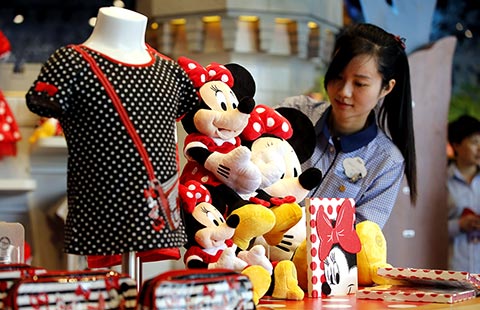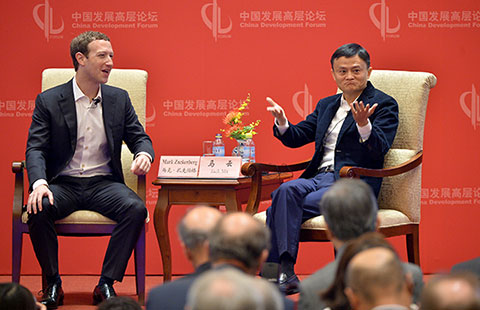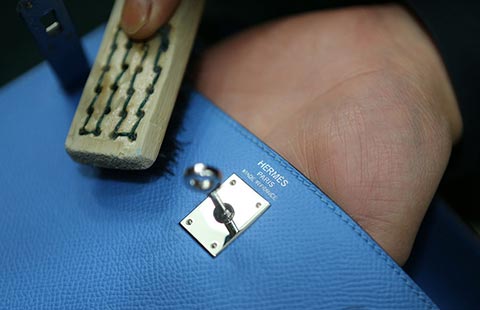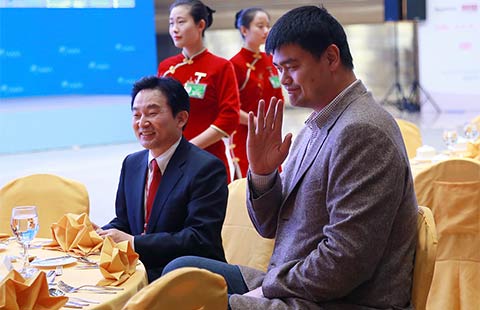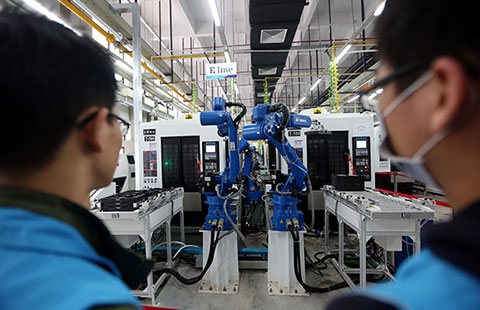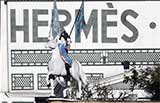New generation of luxury brands gets attention
By Liu Jie (China Daily) Updated: 2012-10-04 09:43Set up in 1970 in Hanover, the brand was recognized by its mailman-bag-design style and humanistic structure, and won a series of design rewards in the West.
It made forays into Asia in the early 2000s. Sales were flat in the China in the first several years, but saw noticeable growth over the last three years.
Jiang said that the overseas travel helps many Chinese people know more about foreign brands and become more sophisticated in their shopping. She admitted that she gets knowledge of many German emerging brands, such as Marc O'Polo and Joop, when visiting Europe.
"LV and Gucci are brands fit for my mom and father. With a salary of 15,000 yuan, I don't want to spend a whole month's pay or even more to get a bag used by people all over the world," she said.
Chinese consumers, especially those in the key cities, are now pursuing uniqueness and individualism.
International luxury products distribution company Jebsen Group said recently it will introduce two British brands, Dyson and Rio.
Helmuth Hennig, the group's managing director, told China Daily that Dyson is very creative and unique.
"You can see Dyson appliances are so different, such as no-blade fans and multiple-use vacuum cleaners," Hennig said.
He also said that as some emerging brands mature and require well-known distributors, they need the experienced distributors to use their network and reputation to promote the emerging brands' products in new markets. They don't have the strength of traditional luxury brands to do brand-building and set up networks in a short period of time.
Despite the bump in revenue figures because of decelerating economic growth in China, Jebsen will continue to fulfill its expansion plan in China to reach its annual revenue target of HK$20 billion by 2015, said Hennig.
Zhou Ting, executive director of the research center for luxury goods and service of University of International Business and Economics, said that mass premium brands will continue to grow in second- and third-tier cities, while top and low-key premiums and emerging luxuries will see a boom in key cities.
liujie@chinadaily.com.cn
- Small can be beautiful for luxury brands
- Rentals of top-brand goods
- Luxury goods become less popular as economy slows
- Luxury goods driving commercial property
- Chinese snap up luxury products
- Luxury sales aid world economy
- Luxury goods demands grow in smaller cities
- Raise awareness of domestic brands
- New media to play major role in promoting holistic tourism
- China to maintain stable economic growth with reforms in place: Russian experts
- Overseas observers speak highly of Chinese premier's speech at Boao forum
- Kyrgyz bank launches co-badged China UnionPay card
- China's social security fund posts higher investment return
- Chinese state firms' profits slump further
- Central bank sets up anti-poverty relending
- More than 30 countries waiting to join AIIB
